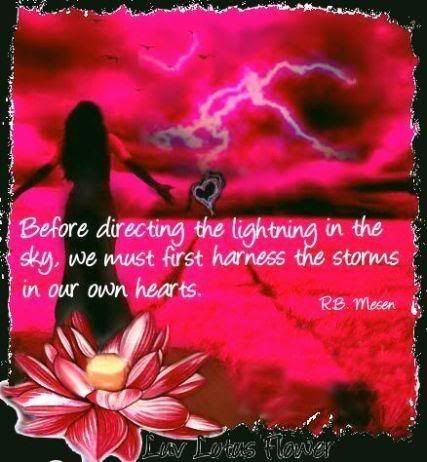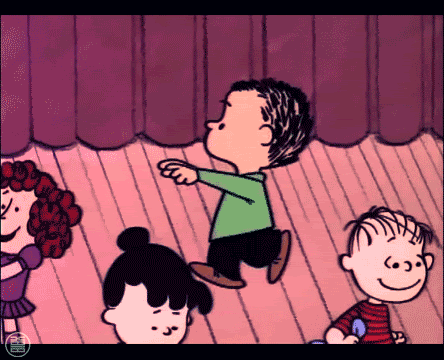Joseph Toda
"These cherry trees have endured the bitter cold of winter to bloom yet
again!"
Daisaku Ikeda
A monarch of flowers, the cherry blossom symbolizes the spirit of a
champion of life, living fully to the end.I love Cherry Blossoms. This blog has a cherry blossom background. The beauty and delicate nature of a cherry blossom can't be denied. In both Japanese and Chinese cultures the cherry blossom is full of symbolic meaning and significance.
by Samantha0055@deviantart
While many people tend to blend and confuse the Japanese and Chinese culture together from lack of knowledge the two are very different in many ways. Therefore the meaning and symbolism that the cherry blossom holds is different in each culture.
For the Chinese the cherry blossom is a very significant symbol of power. Typically it represent a feminine beauty and sexuality and often holds an idea of power or feminine dominance. Within the language of herbs and herbal lore of the Chinese the cherry blossom is often the symbol of love.
by fairyontheinside@deviantart
For the
Japanese the cherry
blossom holds very different meaning. The cherry blossom is a very
delicate flower that blooms for a very short time. For the Japanese
this represents the transience of life. This concept ties in very
deeply with the fundamental teachings of Buddhism that state all life is
suffering and transitory. The Japanese have long held strong to the
Buddhist belief of the transitory nature of life and it is very noble to
not get too attached to a particular outcome or not become emotional
because it will all pass in time.
The fallen
cherry blossom is not
taken lightly in Japanese symbolism either. It often represents the
beauty of snow and there are many connections made in Japanese
literature or poetry to a fallen cherry blossom and snow. This also has
been extended to the life of a warrior whose life was ended early in
battle.
(EzineArticles)
by *genjihl@deviantart
by photosynthetique@deviantart
by loverlyness@deviantart
















